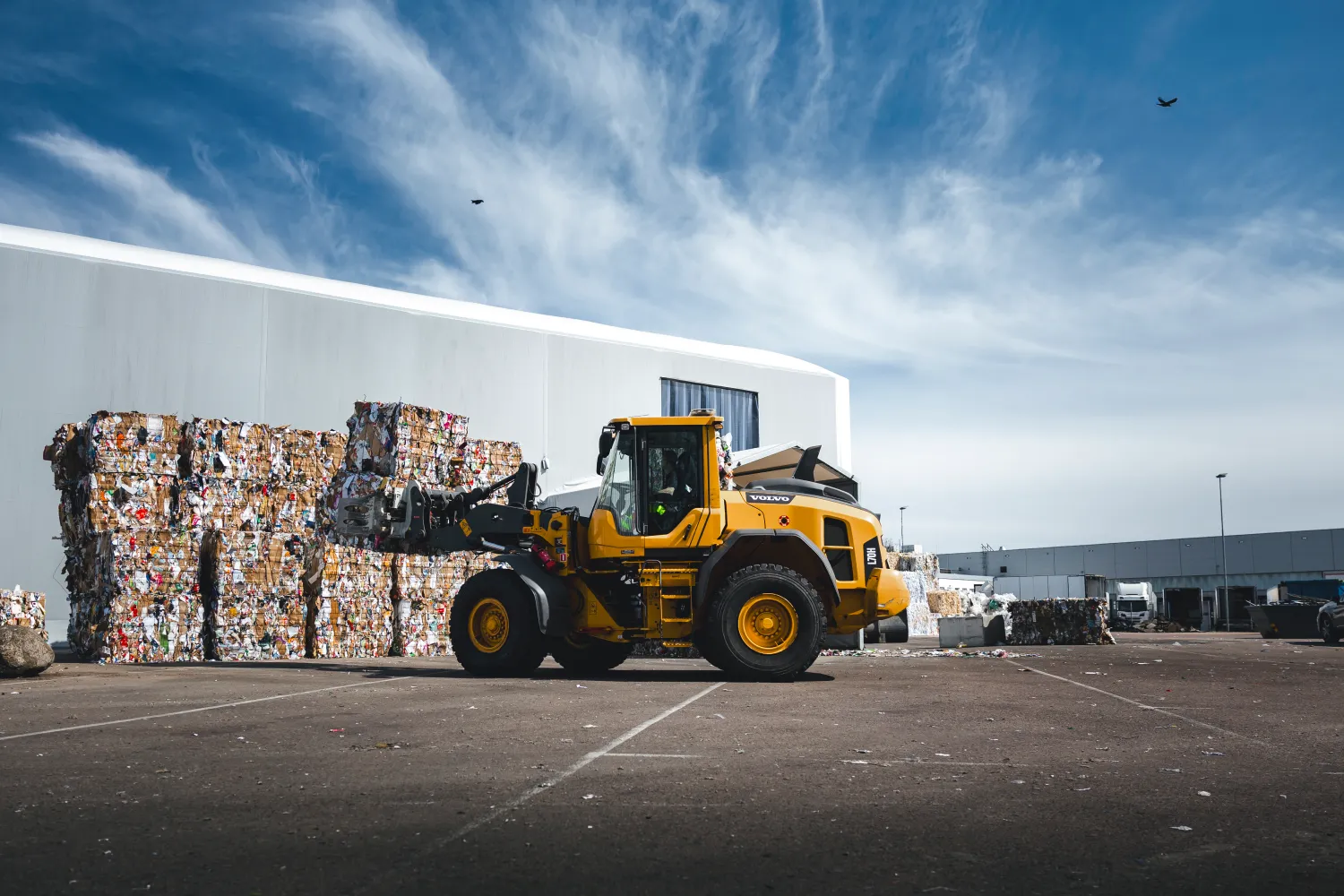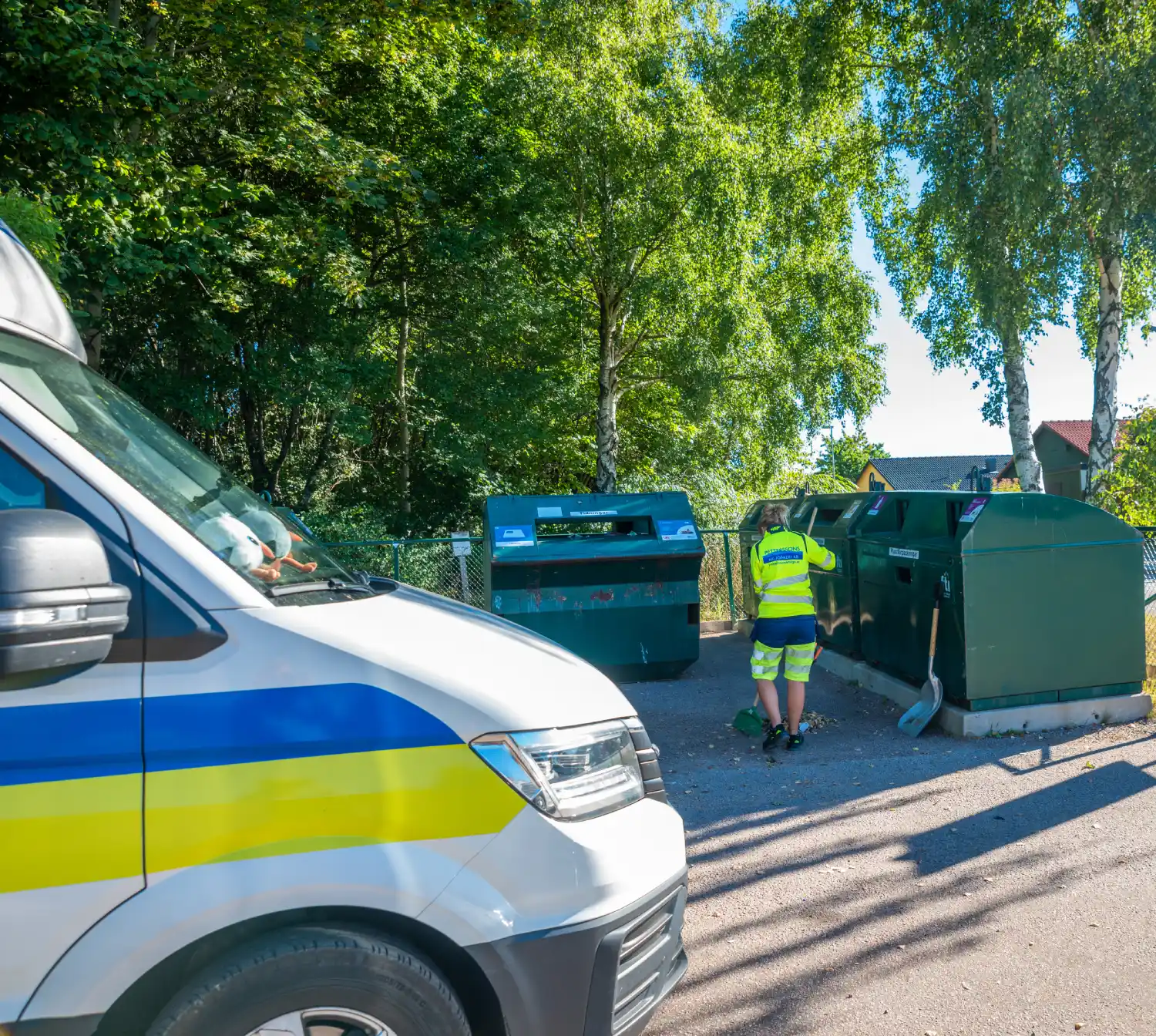Understanding the Logistics of Recycling Across Multiple Areas
Understanding the Logistics of Recycling Across Multiple Areas
Blog Article
Appropriate recycling stays one of the most impactful actions for sustainability. Nevertheless, for most citizens, the Recycling (Återvinning) method can feel complicated, primary to lessen involvement rates. Six municipalities are adjusting this by adopting extensive presentation administration answers made to produce recycling easier, better, and available for everyone.
Why Basic Recycling Matters
Across municipalities world wide, recycling involvement considerably affects spend administration success. Studies suggest that towns with refined recycling applications see involvement costs increase by as much as 20%-30% compared to people that have convoluted systems. That improvement benefits not just the environment but also municipal waste finances, as better recycling prices decrease the reliance on costly landfill usage.
Simplifying techniques for people encourages correct working, decreases contamination, and increases the healing charge of recyclable materials. Municipalities implementing revolutionary methods are showing that little changes will make a big difference in achieving sustainability goals.

Important Top features of Simple Recycling
1. Distinct Directions on Appearance Materials
One frequent situation in recycling is frustration about exactly what do and can't be recycled. A study unmasked that 62% of people are uncertain about how to form specific products, specially with packaging. By giving updated directions and user-friendly brands on presentation, municipalities are helping citizens feel more confident about their choices.
2. Centralized Drop-Off Details
Just presented centralized variety items are made to be easily located and well-maintained. These variety methods are established to increase involvement, with studies showing a fifteen minutes rise in recycling costs in neighborhoods with easy-to-access drop-off stations.
3. Wise Recycling Bins
Technological breakthroughs bring development to recycling bins. Several municipalities today implement smart bins that recognize non-recyclable products or notify officials when bins are full. Such programs have reduced spend contamination by around 25%, in accordance with pilot program statistics.
4. Educational Campaigns
Community wedding campaigns addressing the importance of recycling certainly are a game-changer. From workshops to programs giving recycling manuals, these attempts improve awareness. Statistics show that households engaging in these programs improve their working accuracy by 18%-22% on average.

The Good Outcomes
These extensive solutions not just simplify recycling but in addition motivate long-term behavior change. Simplification fosters environmental stewardship, specially among younger generations eager to get action. Paid down contamination, increased recycling charges, and overall waste management efficiency are key outcomes benefiting municipalities and the planet alike.
Municipalities applying these applications show that simplifying the recycling process is not nearly convenience. It's about making sustainable programs that work for persons and the surroundings together. Achieving better recycling charges doesn't need an overhaul—just clever answers that arrange with residents' everyday routines.
Report this page